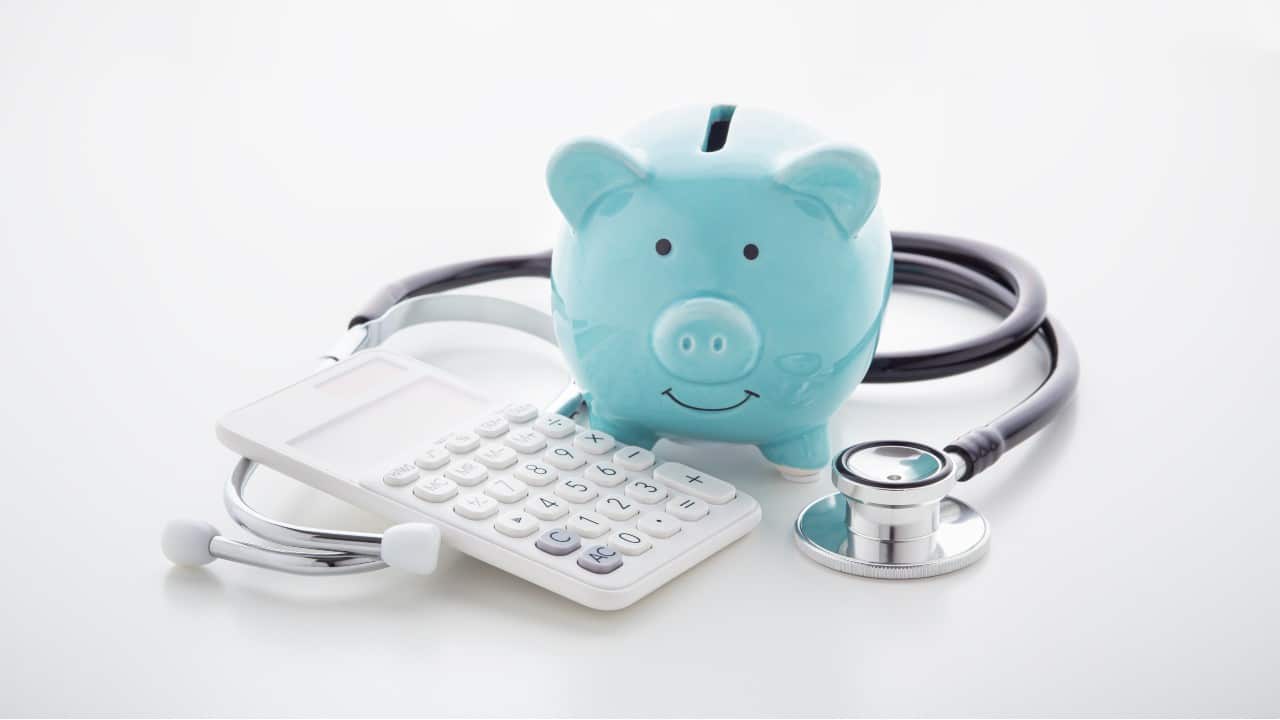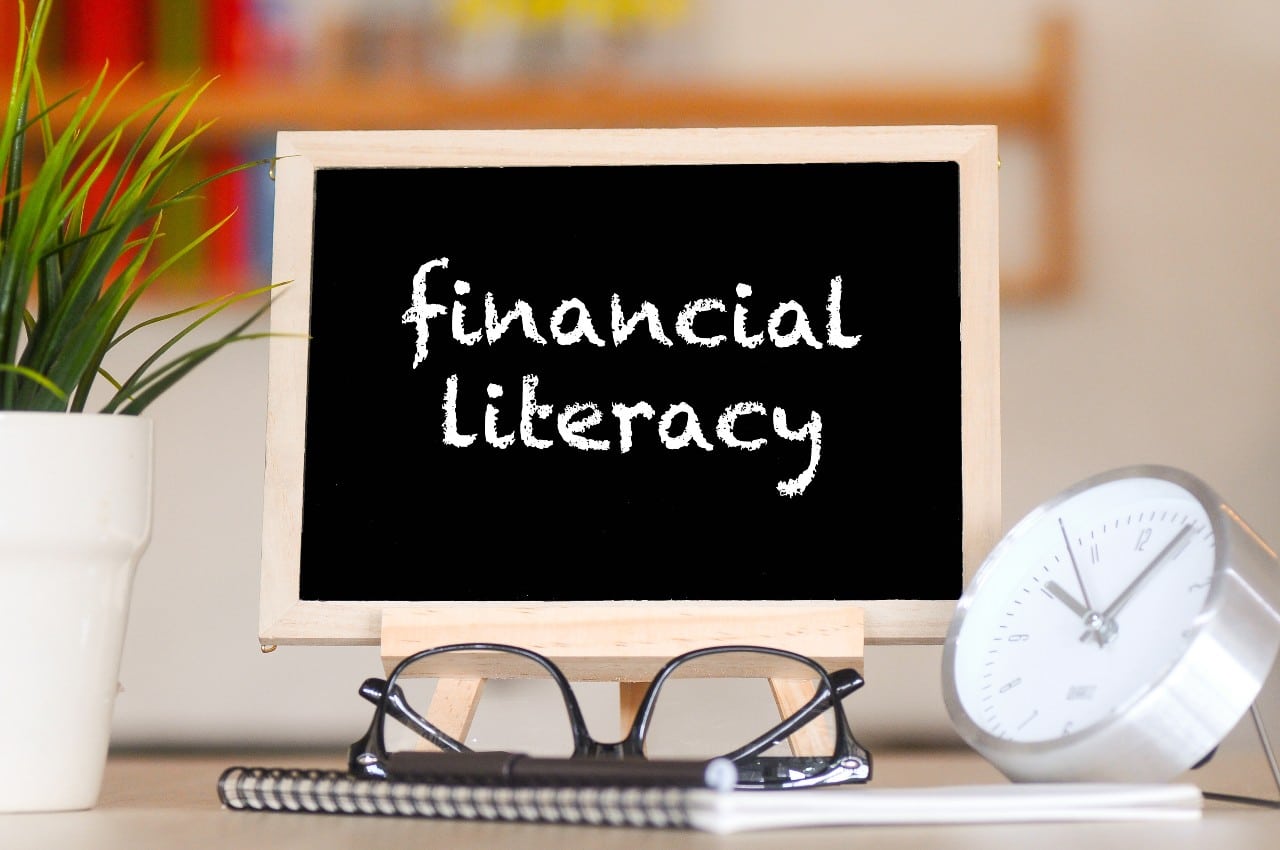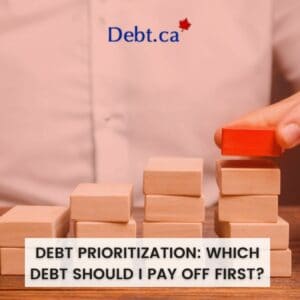For week 4 of Financial Literacy Month, we talk about optimization. The best way to improve your financial health can be summed up in two phrases: make more money, and reduce your expenses. These two things can set you up for peace of mind, knowing that you can combat the price of living increases and save for your future.
With the rising cost of living, everything has become a little more difficult to manage. One in five Canadians report being unable to eat like they used to. In 2015, 40.9% of women earned over half their family income, up from 17.4% in 1976. In this day and age, women are often primary breadwinners and are struggling with the cost of living increases. This makes it all the more important to pay attention to their finances.
You’re in charge of what you do with your income. Once you have a clearer picture of your budget, the next step is optimizing your finances. Here are some steps to do just that.
Managing your Money
Managing your money well is not just about earning a higher wage or being able to save. All the points below will help you manage your money well, save a sufficient percentage of your income, and maybe even increase your earning potential!
Know where your money is going
Sixty percent of women feel greater financial pressure, compared to 49% of men. It’s important for everyone, but especially women, to have a clear picture of their finances. Knowing what your expenses are by category can help you budget better, and in turn, save more funds. This knowledge greatly reduces financial and mental stress.
Start a sinking fund
This is a small fund in your budget where you add money that is then put towards those rare (annual, for example) or small unexpected expenses. This sinking fund can pay for minor repairs, holiday gifts, or other small expenses that tend to crop up. This is a great way to get the hang of saving regularly and drastically reduce financial stress. Especially if you’ve been living paycheck to paycheck.
Build up your emergency fund
If you’re starting from scratch, prioritize paying off debt and building an emergency fund. Three to 6 months of living expenses would be ideal, but even $1,000 in your account can make a big difference. More than anything, it gives you peace of mind, and you can’t put a price on that!
Ensure the money is in an account that earns, at least, a little interest and is easy to get at if you need it. A high interest savings account (HISA) is a good option.
Get a credit card to build your credit
A credit card is a simple way to start building up a good credit score. In turn, a good credit score will help you get lower interest rates when you’re looking to buy big-ticket items like a house or a car. Make sure to always pay it off in full every month. You can ask for a lower credit limit if you don’t want to spend too much money on it.
Invest in yourself
To be competitive in today’s job market, you need to upskill. Keeping up with new developments in your field makes you even more valuable. This is especially important if you are at the beginning of your career, or looking to make a career switch. There are many free and inexpensive ways to learn new skills. If you are able to do so, it is worth the time and effort to Invest money in yourself to grow in your career and increase your earning capacity. Financial health relies a lot on how much you earn. Expenses can only be cut down by so much, income can go up as much as you like.
This is especially true for women. The best offence against wage gap discrepancy is women investing in themselves and each other.
Take advantage of RRSPs
Contribute however much you are comfortable with to your RRSPs. However, if your employer offers RRSP matching, try everything possible to contribute up to at least the max match amount. Not doing so means missing out on, essentially, free money and a lot of income tax savings. Anything contributed towards an RRSP is not considered taxable income. You can even get tax refunds on money invested in RRSPs. In addition to reducing your tax today, it also helps set you up for retirement in the future.
Don’t be influenced by lifestyle inflation
As your paycheck increases, you may be tempted to make larger purchases or splurge on luxuries. It is important to increase your savings, too. To keep on track financially and enjoy the finer things in life, consider joining “treat culture” instead. As a reflection of our current economic situation, people are starting to spend on little luxuries. Instead of a big splurge like a trip or a new phone, they’re indulging in little treats like a fancy coffee, a midday ice cream, or a face mask.
Improve your financial situation
- Make more money. Find a side hustle you enjoy, or look for a higher paying job. As we discussed above, upskilling will help you make the leap.
- The wage gap affects women even today. Negotiate and get the money you are worth! You deserve fair wages for your skills and effort.
- Protect your finances. Invest in a variety of financial instruments for a diverse portfolio.
- Understand how RRSPs and TFSAs work. Look into how it can help you save on tax, save money, earn interest, and build your retirement fund.
- Use credit wisely to get a better rate on a mortgage or car loan in the future. A credit card is an easy way to build your credit score and prove your reliability to lenders. This will net you a lower rate and give you an edge in negotiating rates.
Key Takeaways
Building financial health takes time and effort, but it’s also rewarding. Over time, you will start to see the compounding effects of saving and investing. Once you have improved your financial situation, you will feel more prepared to handle life’s curveballs. A sinking fund or an emergency fund is a great place to start building your savings. Invest in yourself, especially at the beginning of your career.
If your path to financial health starts with getting out of debt, our experts can help. Contact us for a free consultation.










